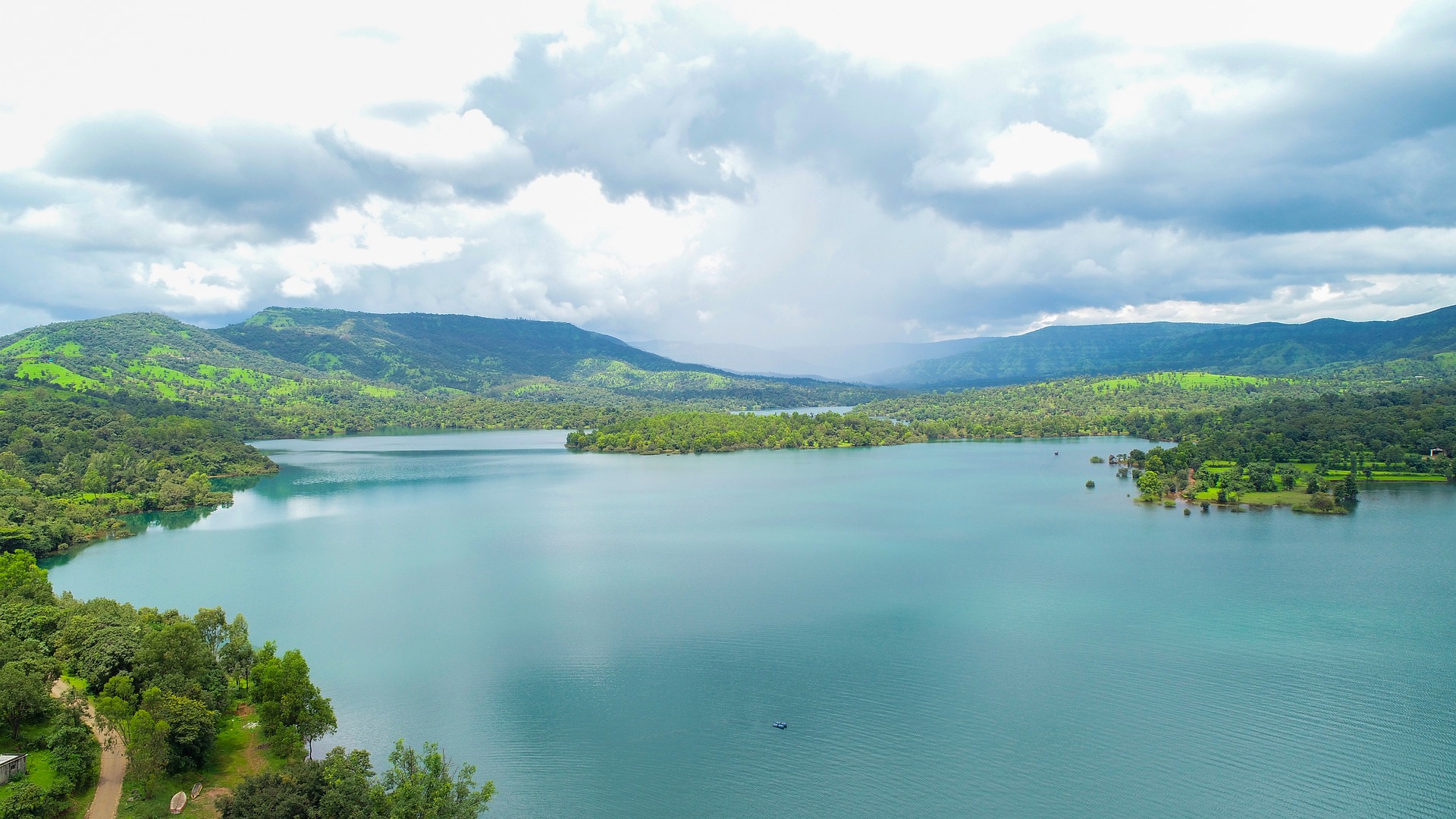Post by: Eojin Yoo
Even before I board on a flight to India, I had some obstacles in the process of understanding Indian society.
First, I suddenly had to postpone my travel due to the change in visa policy, and I ended up arriving in India three weeks later than original scheduled. It was another chance to learn how to manage administrative work in India. I was also reminded of the reason why I should go to India, giving up other internship opportunities for a longer time in Korea. The three-week delay was not a detour but just another path for me to learn something different than I expected. At least, I learned that things might not work as I think I deserve.
Second, I received assignments from India for the three-week and started researching at home. It was mainly about the Dalit Christians who are in the untouchable position but excluded from the benefits they deserve. However, it was not easy to communicate inquiries or feedback regarding my work and the result I produce seemed immaterial. Since I couldn’t see what India looked like, I had to use more imagination to fill up the stories that seemed too obscure.
Finally, I had to confront the fact I am more exposed to security problems in India because I am a woman. I decided to reserve an expensive flat to ensure my safety in the city. My family did not want me to travel to India, and I felt guilty to make people around me worried. Now, I am even surprised by how safe I feel in Delhi because I could tell many campaigns and social policy supports women’s safety and independence.
So far, my internship in India is very insightful and fruitful.
From ADF India, I am learning how beautiful it is when a Christian community loves each other inward and dedicates to outward societal justice. Every day, I feel like I belong here in daily morning devotion and lunch break time.
The way they treat interns and assign works always encourages me to approach pending cases voluntarily. They invite me to follow the court hearing whenever there is, and I can access the case materials before the visit. I have already observed the Family Court, the District Court, the High Court, and the Supreme Court in India, and now I can tell from the slightest difference like the number of Judges to the bigger frame, such as the power given to the Courts under the Constitution.
They are also a good friend who has professional legal knowledge regarding societal problems. I had many questions to ask from the moment I arrive in India, such as homeless people living under the pier, women’s right campaign stickers on many cars, or even about the election candidates. They always answer in a dynamic perspective to enhance my understanding of Indian society.
Furthermore, I am doing the categorization work to establish the Christian persecution database. In Delhi, there are quite many churches and it seems like no one is bothered by other people’s different religions. However, I could find the cases far away from Delhi that there is still severe persecution against Christians in the suburban region far away from the central city.
I feel very privileged to work in ADF India, where extraordinary people deal with diverse kinds of human rights cases. Just in my first two weeks, I supported cases against the caste system, domestic violence, abortion, rape, the Foreign Contribution Regulation Act, and a false charge of kidnapping for Bible Camp. I’m glad I found that the principle of human rights also expands into corporate law, and these matters are not far away from my legal career wherever and whatever I specialized in.
This post was written by a Center for Global Justice Intern. The views expressed in this post do not necessarily reflect those of Regent University, Regent Law School, or the Center for Global Justice.
